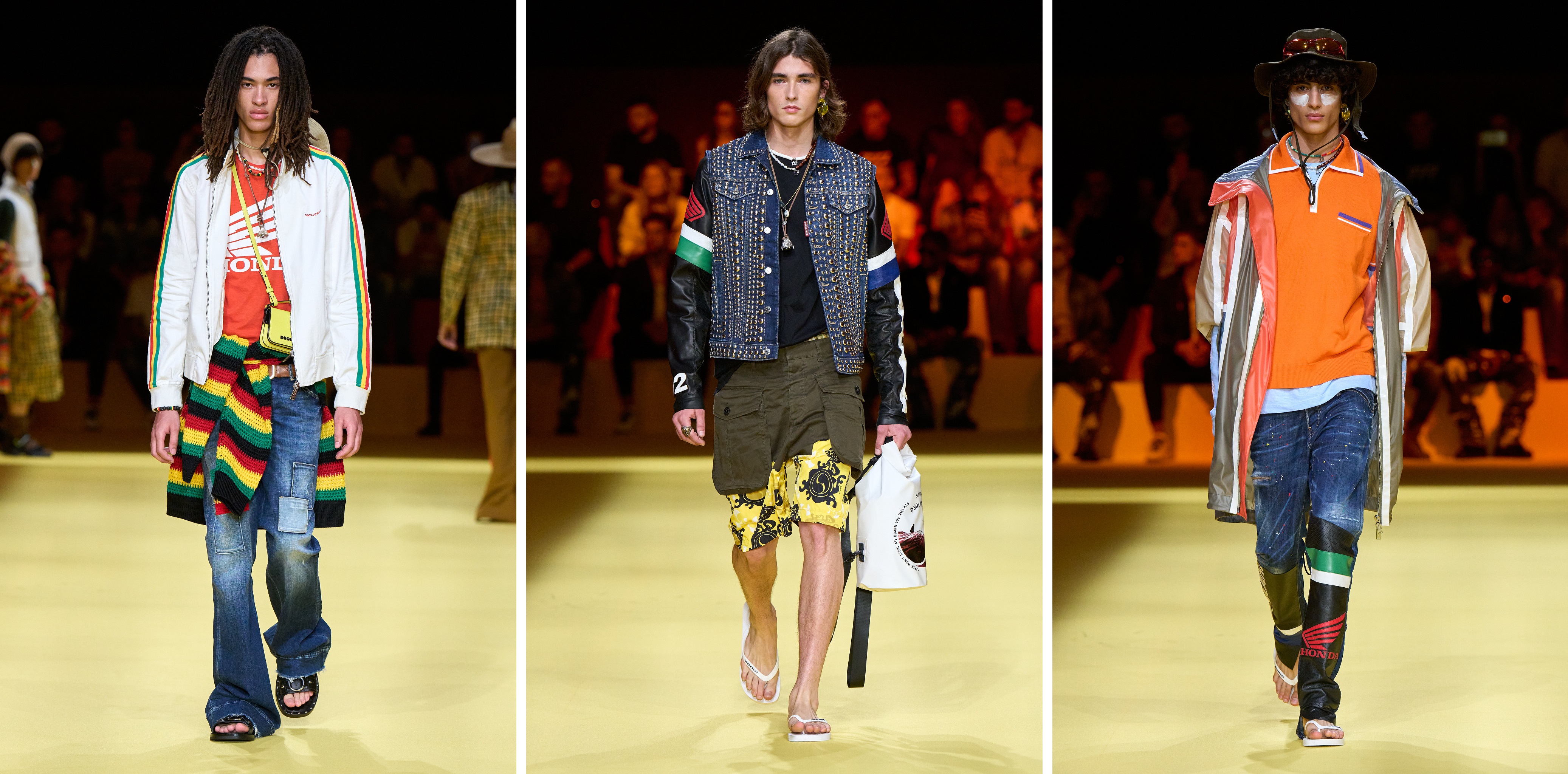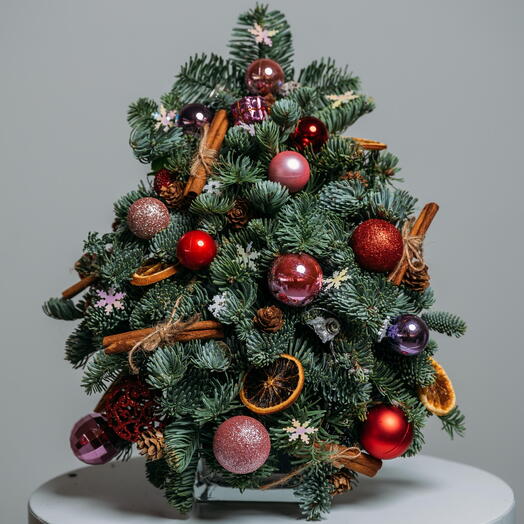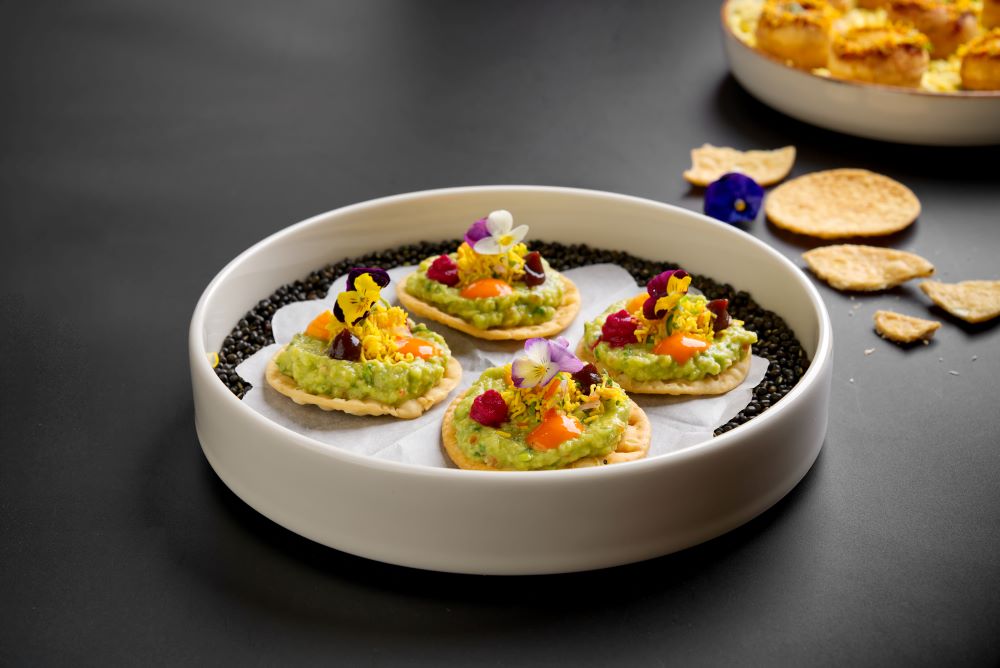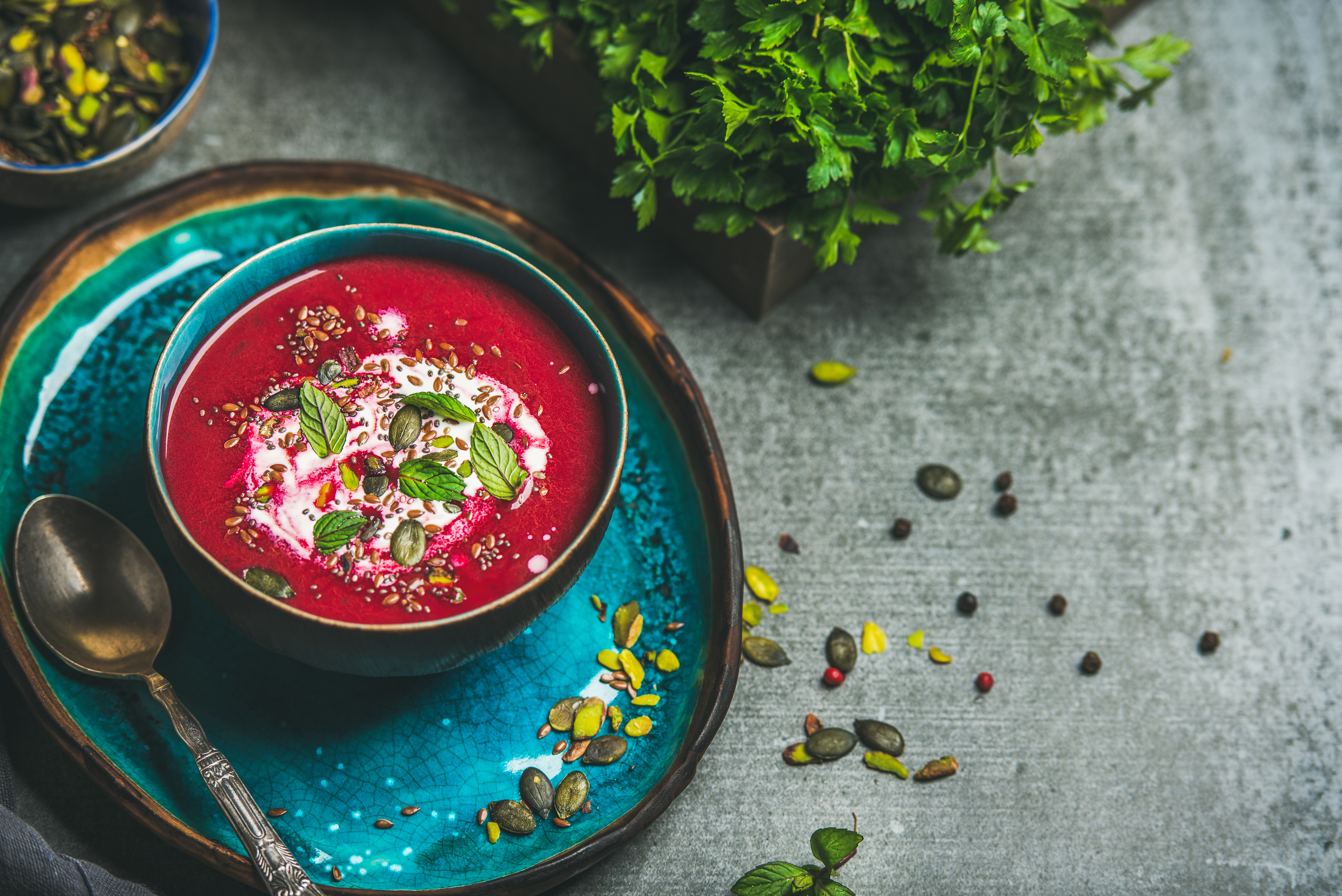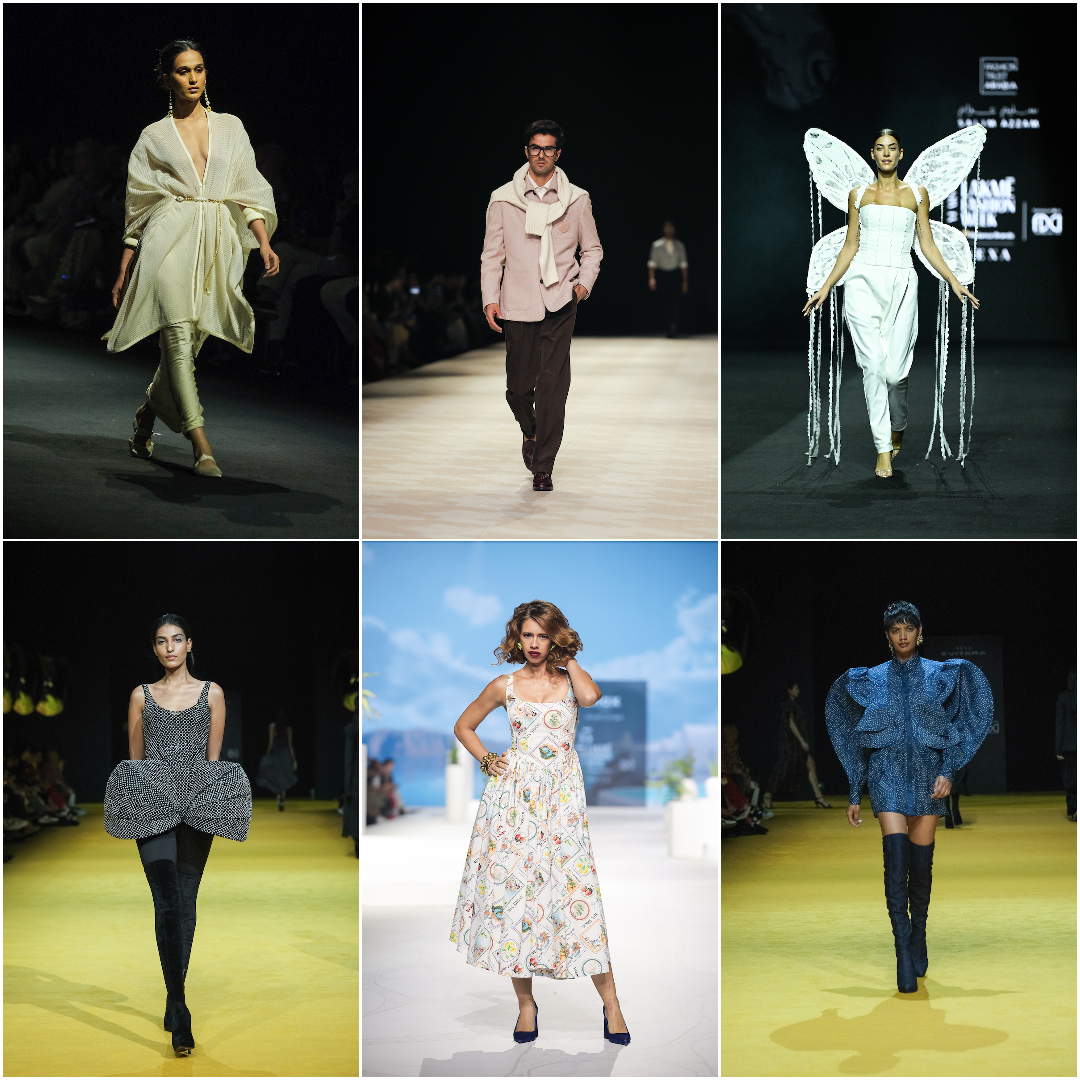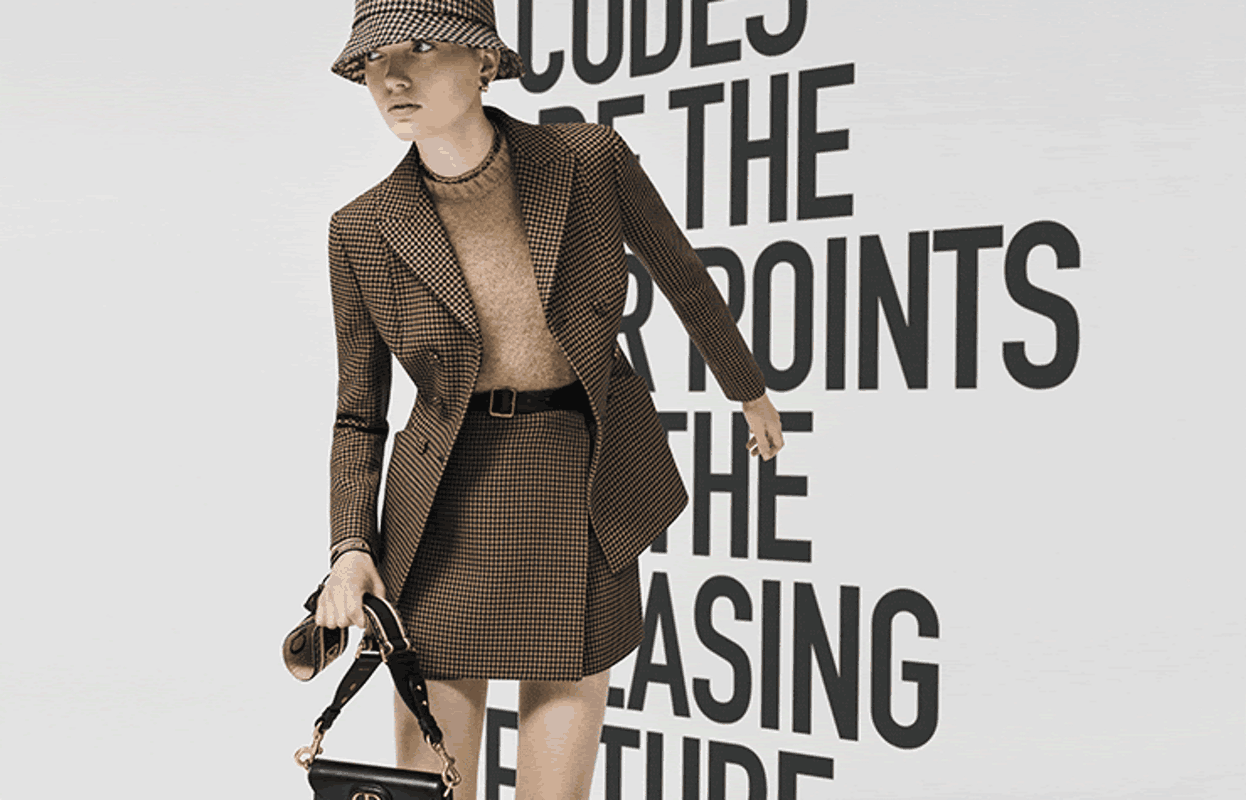RE-ENCHANTING VILLA MEDICI
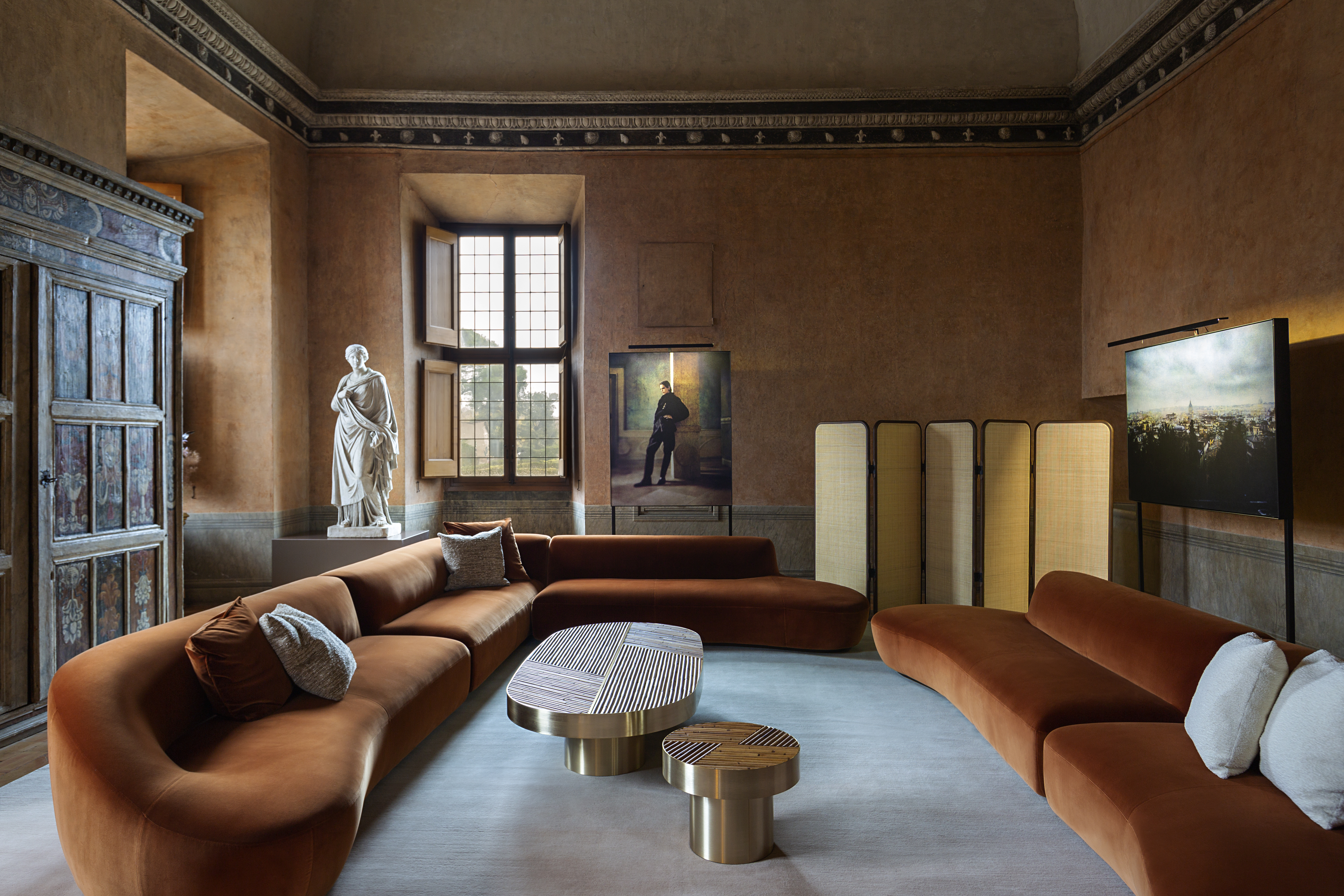
FENDI and the French Academy in Rome – Villa Medici unveiled their latest collaboration, with the support of the Mobilier National∗, to refurbish six reception Salons at Villa Medici, including the majestic Grand Salon, offering a new décor that will encourage creativity and contemporary design.
The design vision of Kim Jones, FENDI’s Artistic Director of Couture and Womenswear, and Silvia Venturini Fendi, Artistic Director of Accessories and Menswear, has led to a metamorphosis that brings to the fore a union between contemporary design and heritage, making Villa Medici a place that perpetuates exceptional know-how while creating the heritage of tomorrow.

The Villa Medici is the result of a historical stratification that gives it a unique architectural and decorative identity, beginning with the Renaissance and continuing through the centuries, right up to the work of the artist Balthus in the 1960s and ‘70s and the designer and scenographer Richard Peduzzi in the early 2000s, both of whom took on the task of running the institution.
Drawing on these legacies, colour has become the central element for the entire project developed by Kim Jones and Silvia Venturini Fendi for Villa Medici, with the support of the FENDI Architecture department. The new interpretation of the Salons combines a range of skills relating to their design, interior fittings and conservation-restoration: the original tones of the wall painting have been a starting point in choosing the palette for each room, reflected in particular in three custom-designed hand knotted carpets with graduated shading and entirely crafted from recycled French wool.
The project was also inspired by the desire to create a dialogue between the existing heritage and contemporary designs created with the signature of FENDI artistic directors, FENDI Casa, and with special collaborations with designers. A selection of pieces by Italian designer Chiara Andreatti and by the French designers Noé Duchaufour-Lawrance, Ronan and Erwan Bouroullec and Toan Nguyen gives to the salons a new image. Noé Duchaufour-Lawrance drew his inspiration from Rome’s distinctive shapes and materials: the outline of the umbrella pines appears in his Borghese table, which he adapted for the Salon des Pensionnaires, while the paving of the Via Appia Antica inspired the tables he created especially for the Salon de Lecture and the Salon Bleu. The Virgola chairs by Chiara Andreatti are present in the Salon Bleu and Salon de Lecture, while her Welcome sofa and armchairs for FENDI Casa decorate the Salon des Pensionnaires.
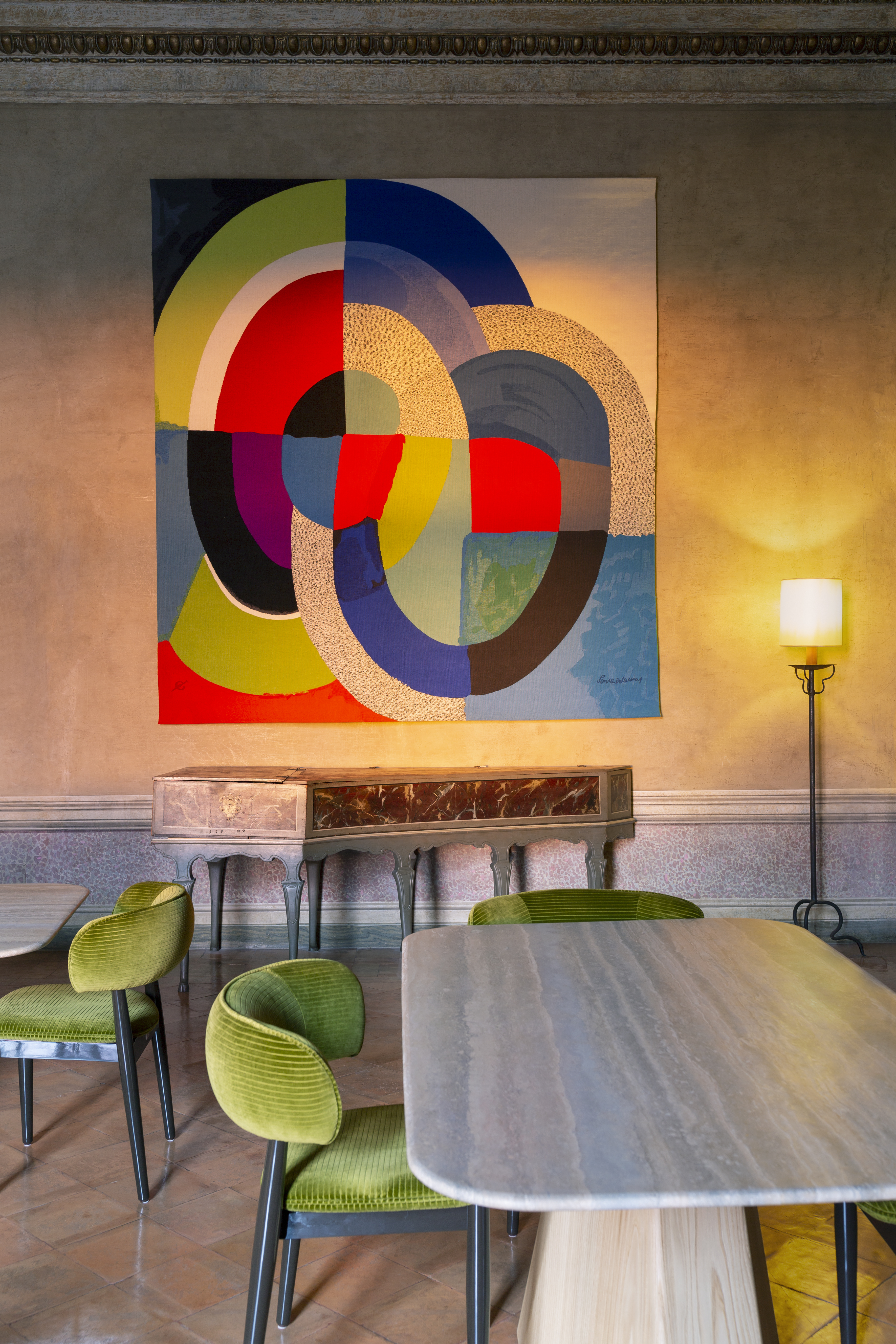
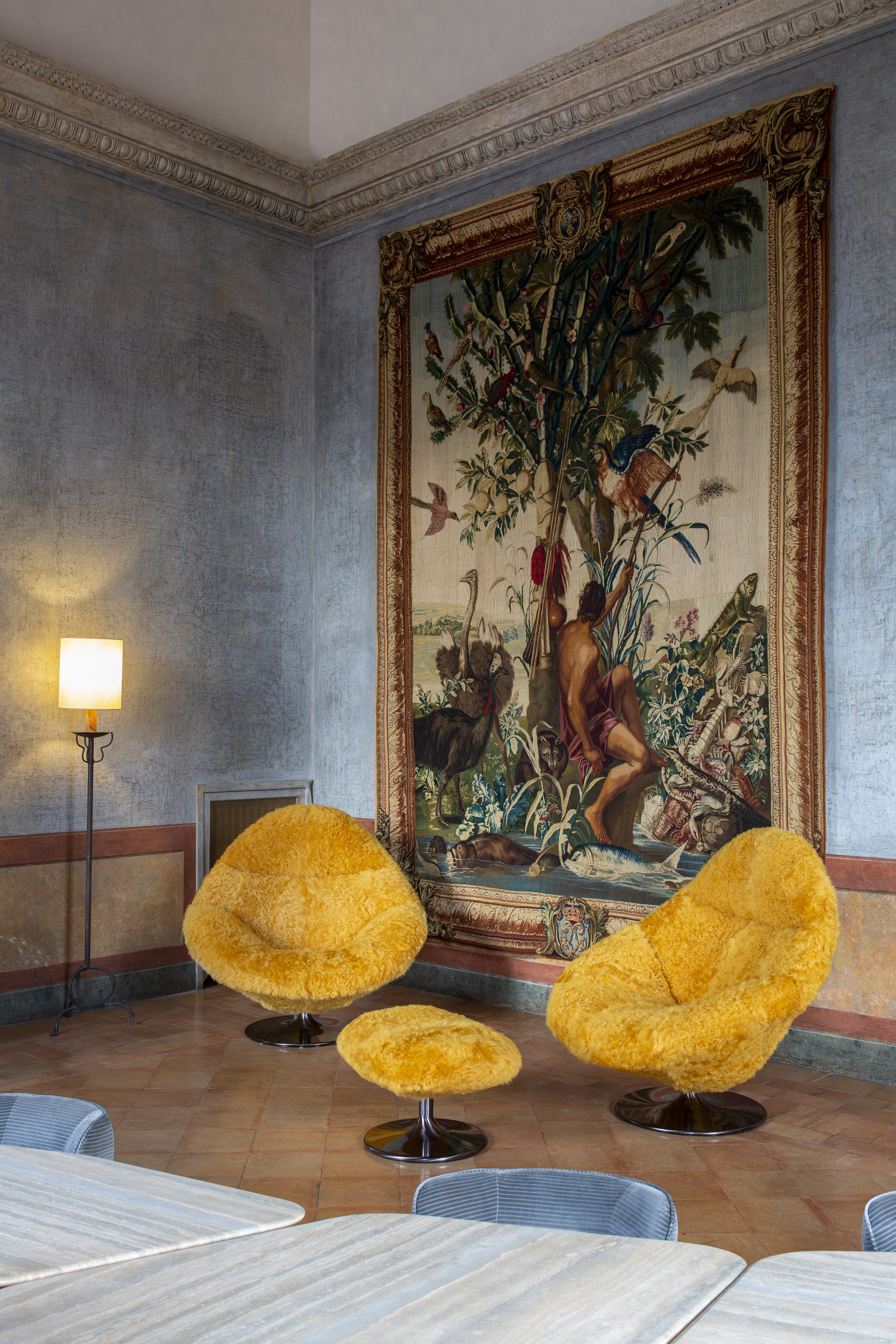
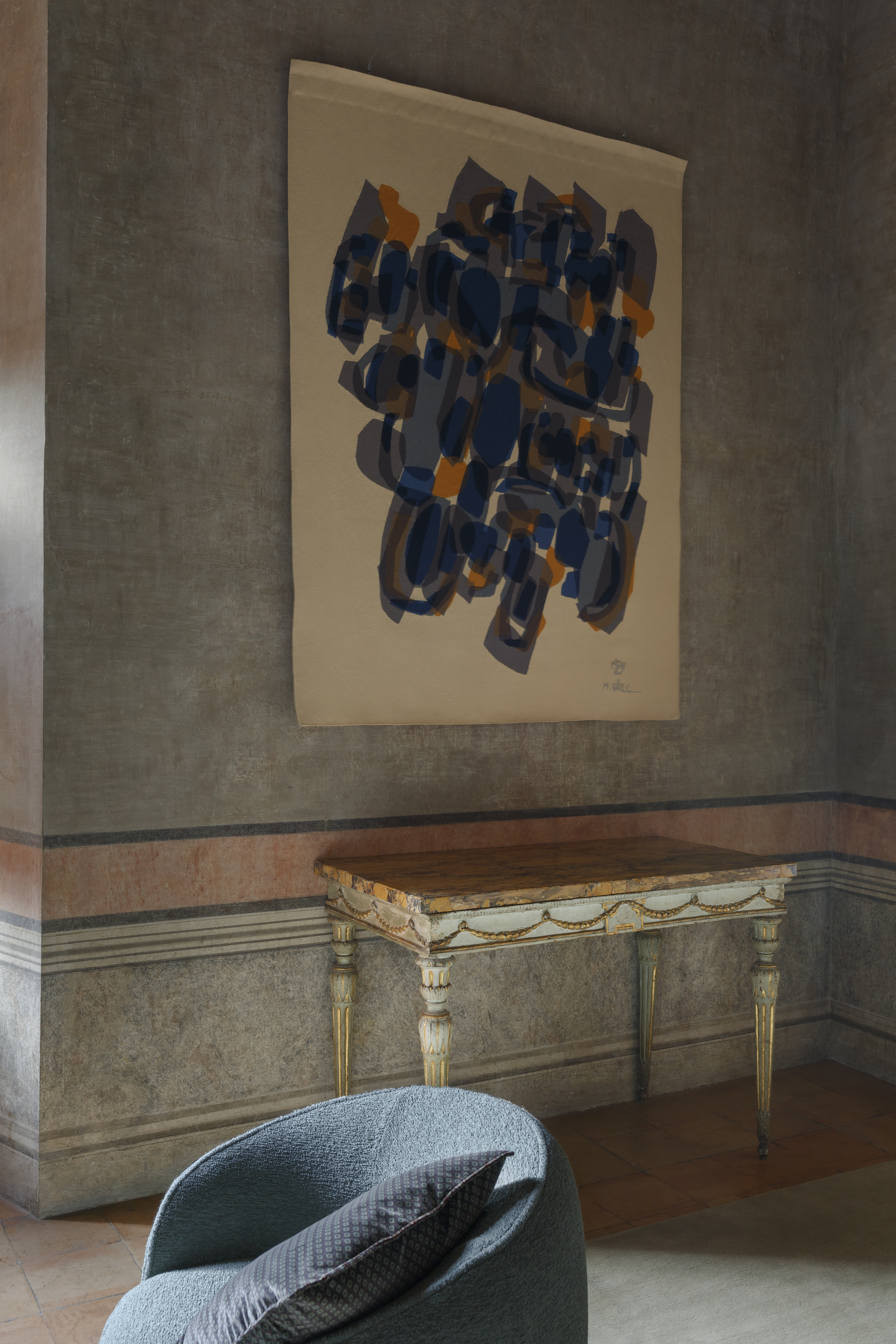
Following the shade of the wall painting, the Sandia sofa designed by Toan Nguyen and produced by FENDI Casa is coloured in a warm orange-rusty tone and is the protagonist of the Petit Salon. The Belleville Armchairs, designed by Ronan and Erwan Bouroullec and produced by Vitra, are given pride of place in the Grand Salon at Villa Medici.
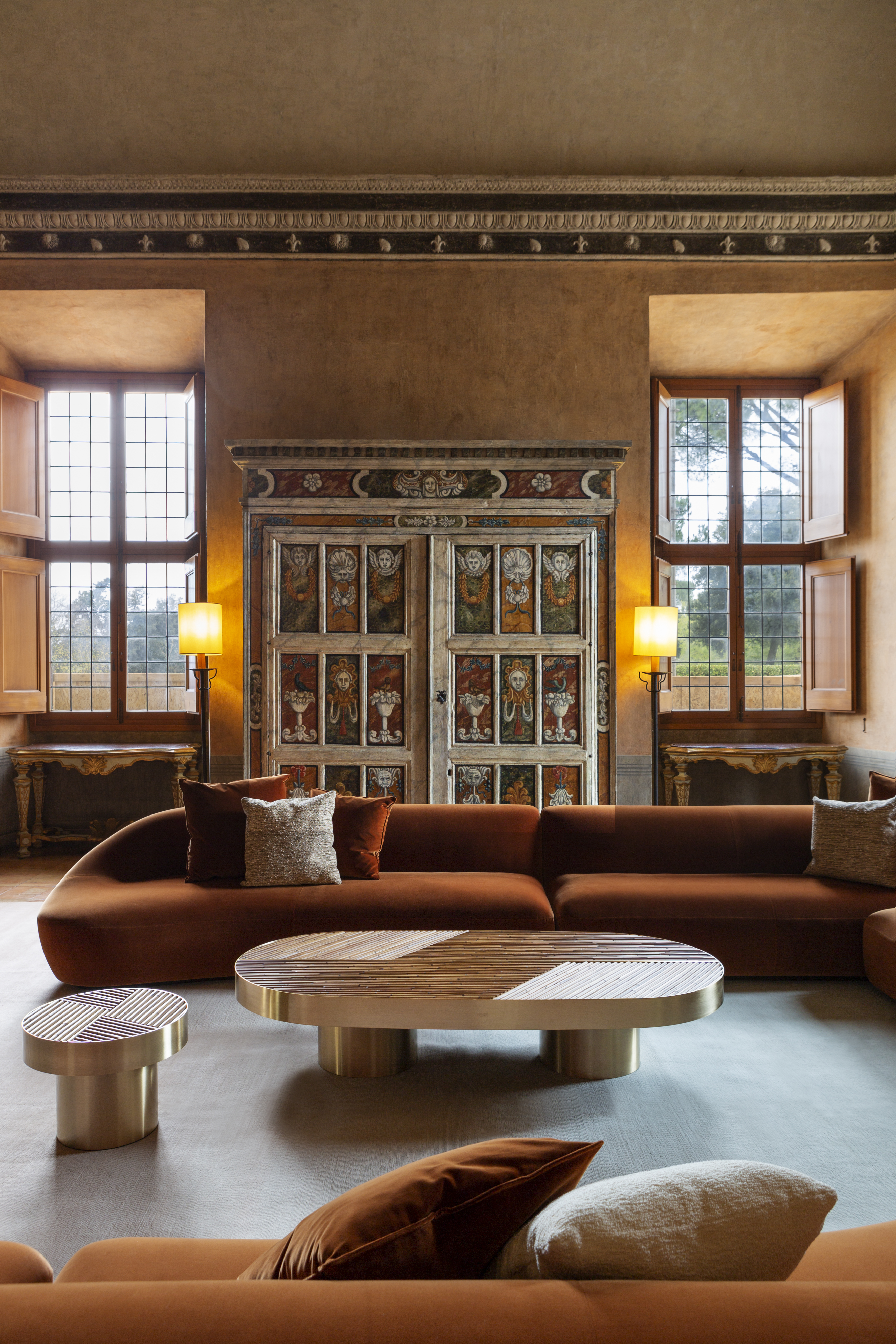
This ensemble of new furniture will dialogue with pieces of heritage furniture chosen or transformed by Balthus, geometric lighting creations by Richard Peduzzi and prints of 18th century casts of classical works by former artists Fellows of the Academy, from its own collections.
The bond between heritage and contemporary art continues on the walls: thanks to an exceptional partnership with the Mobilier National, several modern and contemporary tapestries, mostly by women artists, are being introduced to Villa Medici. Works by Louise Bourgeois, Sheila Hicks, Aurelie Nemours, Alicia Penalba and Sonia Delaunay, as well as Raoul Ubac, Edoardo Chillida and Patrick Corillon, are exhibited in the rooms alongside tapestries from the Academy’s collections, from the so-called “Indes” series and the cycle of the Quattro stagioni on preparatory cartoons by Francesco Salviati. The sapient combination of tapestries culminates in the Grand Salon where black and white pieces and historical ones coexist giving to the space a new life and contemporary gallery feeling.
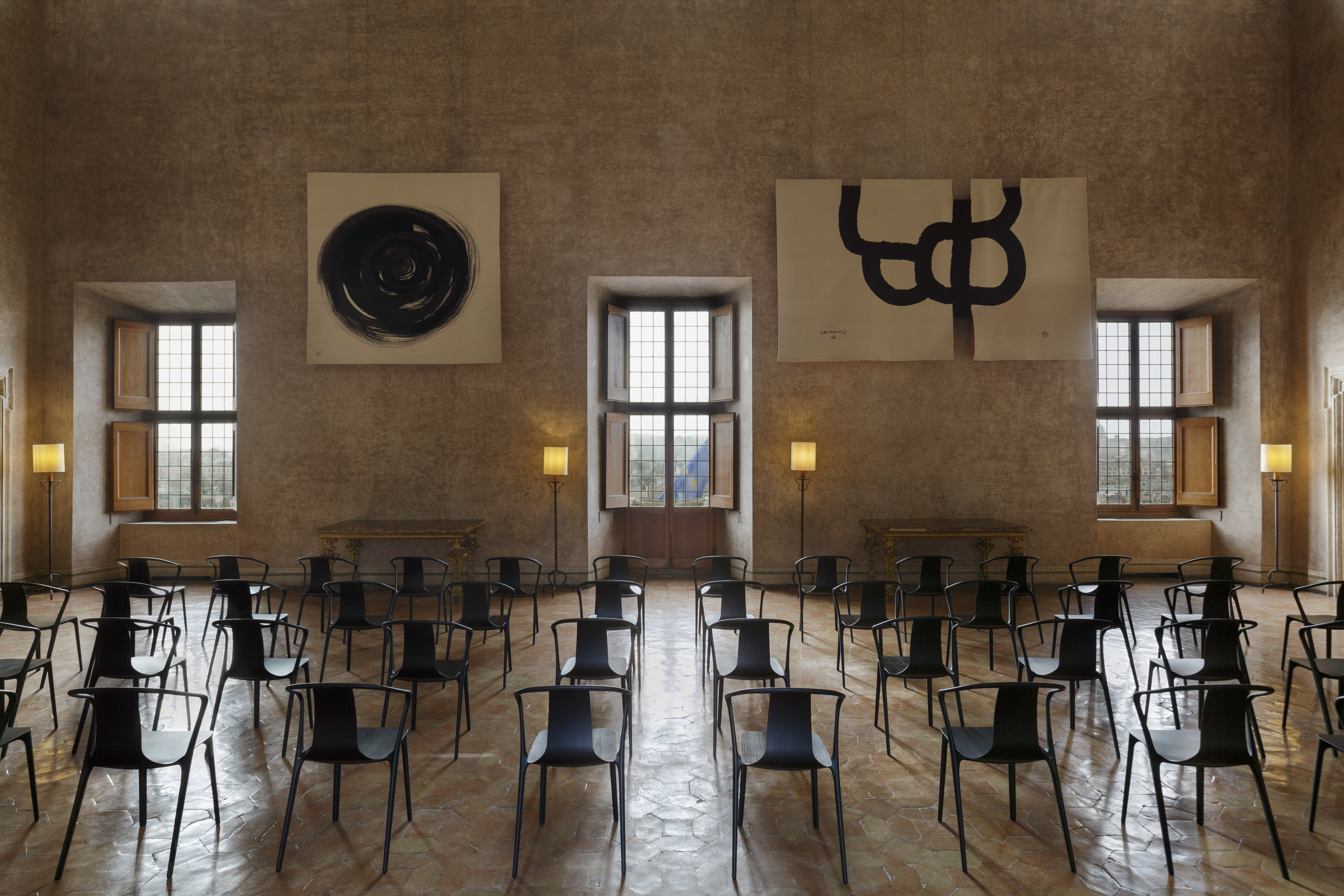
This remarkable introduction of contemporary design to the historic Salons of Villa Medici, which had not undergone any significant changes for 20 years, was coupled with major restoration work: the decorations in the Grand Salon at Villa Medici were restored under the supervision of Pierre-Antoine Gatier, chief architect of historic monuments, and the tapestries of the Quattro stagioni cycle were restored by the Bobin Tradition workshop over a two-year period.
Finally, this refurbishment was also an opportunity to upgrade the sound of the Villa Medici’s Salons with the partner Devialet, which drew on its expertise in cutting-edge acoustic engineering to create customised acoustic panels installed behind the tapestries of the Grand Salon in order to enhance the sound experience of the place without altering it.
FENDI endorses its commitment towards the preservation of the artistic patrimony through this exclusive partnership and patronage, fuelling the Maison’s ever-lasting connection with the Eternal City, throughout the whole initiative, a major source of inspiration.

∗The Mobilier National is a French institution that has supported the arts and crafts since the 17th century. Its mission is to ensure the conservation and restoration of its 130,000 items (tapestries, carpets, furniture, clocks, chandeliers, ceramics, historical textiles, etc.), and to perpetuate and pass on their exceptional craftsmanship.
DETAILS:
- Grand Salon, a 150 m2 room dedicated to Villa Medici’s cultural programme (events, concerts, performances, conferences, installations, etc.).
- Salon des pensionnaires, a 60m2 space for artists Fellows for individual or group work sessions.
- Salon de musique, 60m2 room for chamber music concerts or small public events.
- Salon de lecture, a 60m2 room for conferences, seminars and internal meetings.
- Salon Bleu, a 60m2 salon for welcoming guests and hosts at Villa Medici.
- Petit salon, a 70m2 salon for welcoming guests and hosts at Villa Medici.
Artistic direction:
Kim Jones, Artistic Director of Couture and Womenswear, FENDI
Silvia Venturini Fendi, Artistic Director of Accessories and Menswear, FENDI
In collaboration with:
Sam Stourdzé, Director of the French Academy in Rome – Villa Medici
Hervé Lemoine, Director of the Mobilier National
Pierre-Antoine Gatier, chief architect of historical monuments responsible for Villa Medici
This project was made possible thanks to the support of:
Bobin Tradition
Devialet


.jpg)

